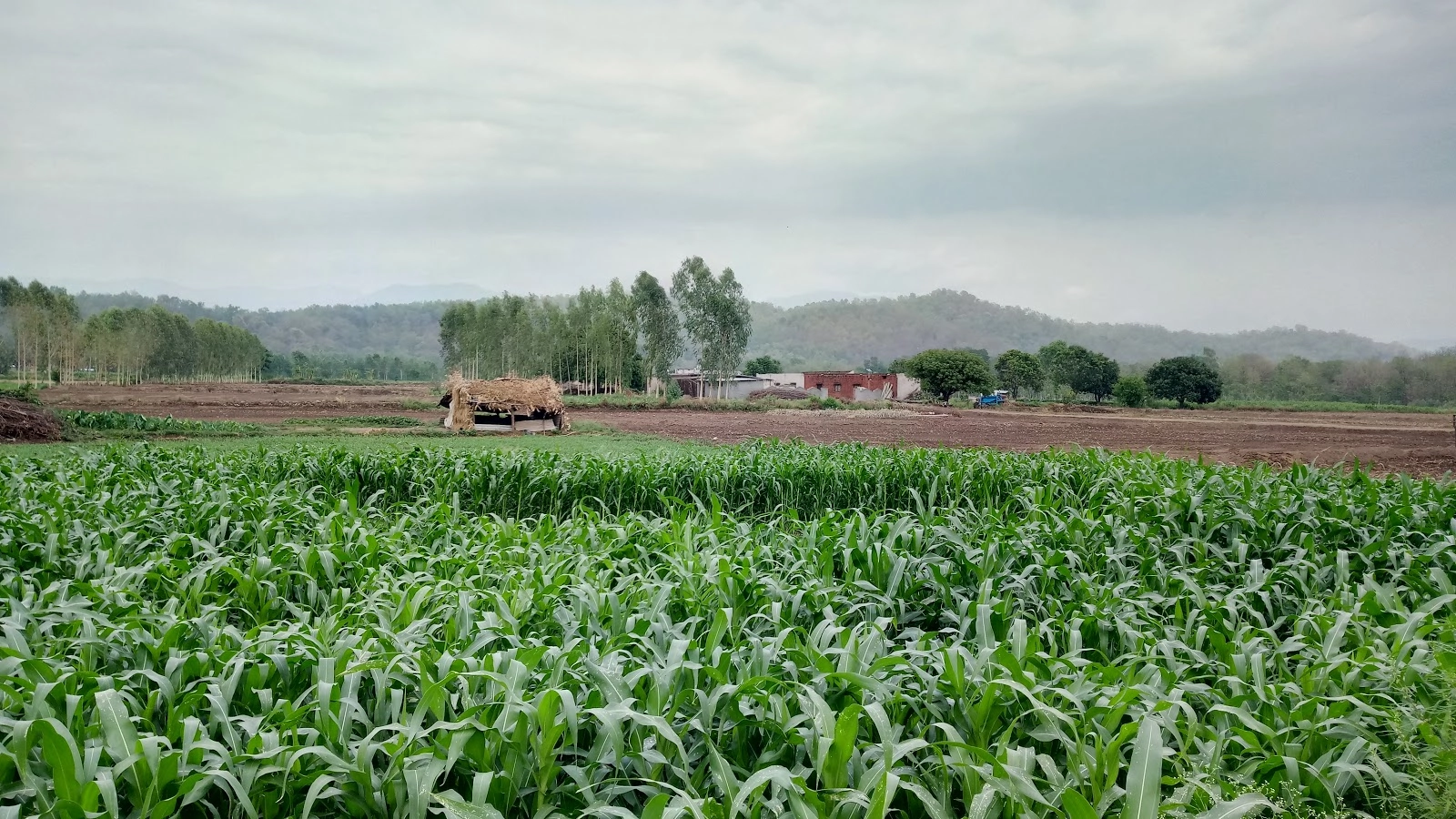In recent years, the concept of agro-terrorism has emerged as a pressing concern for nations reliant on agriculture, and India, with its vast agrarian landscape, is no exception. Agro-terrorism refers to the deliberate introduction of pests, diseases, or other harmful agents into the agricultural sector to cause widespread destruction, disrupt food supply chains, and undermine the economy. The potential for such acts of sabotage poses a significant threat not only to food security but also to national stability. Given India’s dependence on agriculture, which employs a considerable proportion of its population and contributes significantly to GDP, this issue cannot be overlooked.
The ramifications of agro-terrorism could be catastrophic. A successful attack could lead to significant crop failures, causing food shortages and skyrocketing prices. This would not only impact farmers and consumers but could also lead to social unrest, particularly in rural areas where livelihoods are already precarious. Furthermore, the psychological impact of such threats could erode public trust in agricultural systems and institutions, leading to a breakdown in the already fragile trust between the government and its citizens. As the country grapples with various challenges, including climate change and economic pressures, the shadow of agro-terrorism adds another layer of complexity to an already difficult situation.
To combat this looming threat, India must adopt a multi-faceted approach that includes robust surveillance systems, stringent biosecurity measures, and greater collaboration between government agencies, agricultural scientists, and local communities. Investing in research and development to enhance the resilience of crops against pests and diseases is vital, as is the promotion of awareness among farmers about potential threats. Additionally, fostering international cooperation and intelligence sharing can help in early detection and prevention of possible agro-terrorism incidents.
In conclusion, as the world becomes increasingly interconnected, the risks associated with agro-terrorism are likely to grow. India must prioritize its response to this threat, recognizing that the security of its agricultural sector is inherently tied to national security. By taking proactive measures and fostering a culture of vigilance and preparedness, India can safeguard its agricultural resources and ensure that its farmers and consumers are protected from the seeds of sabotage that could jeopardize their livelihoods and well-being.




